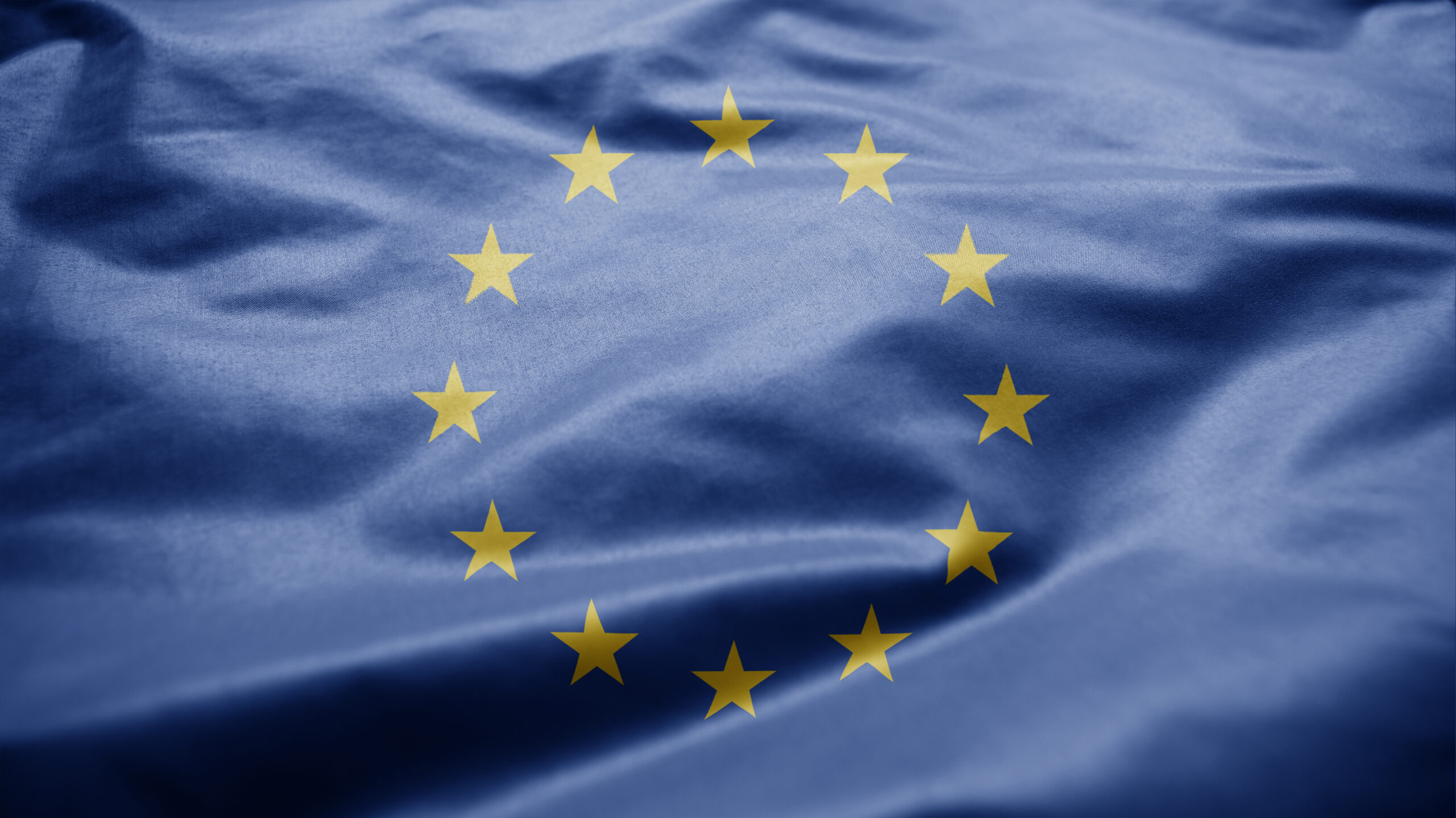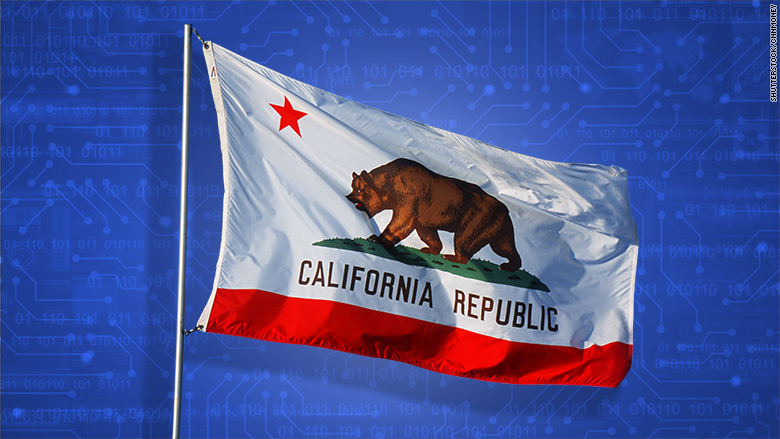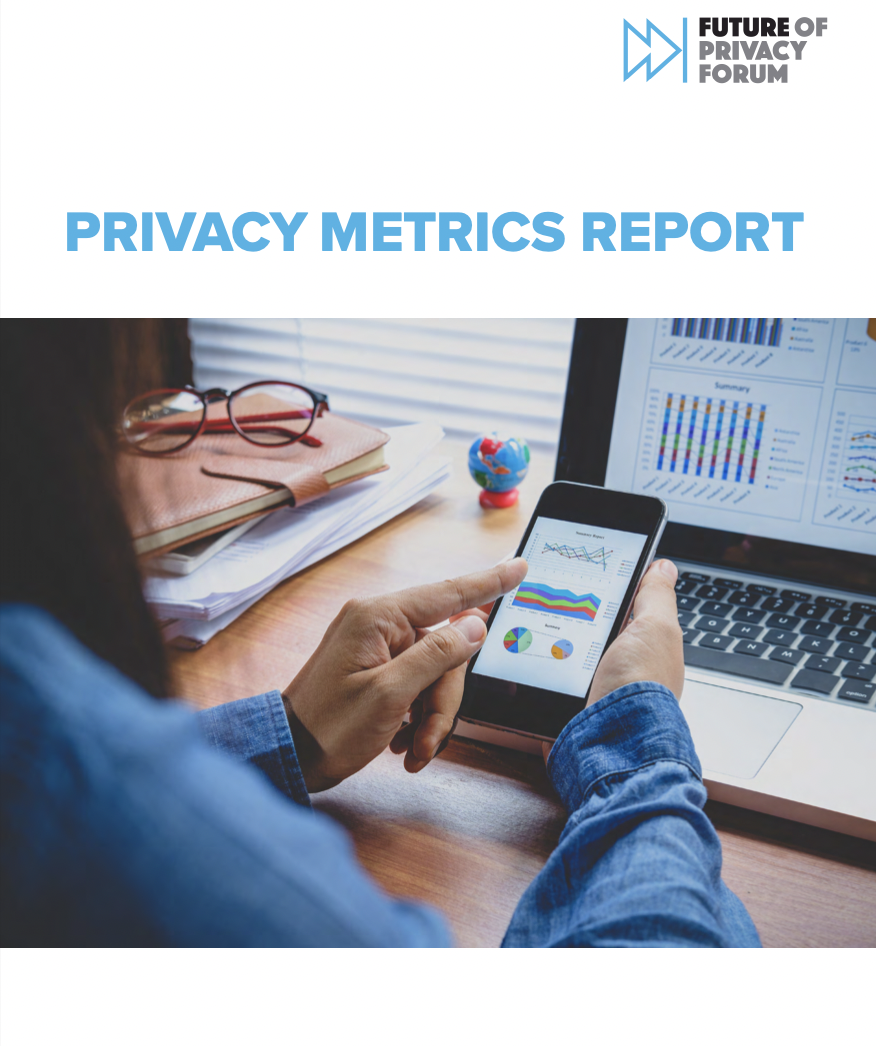
FPF at CPDP 2022: Panels and Side Events
As the annual Computers, Privacy and Data Protection (CPDP) conference took place in Brussels between May 23 and 25, several Future of Privacy Forum (FPF) staff took part in different panels and events organized by FPF or other organizations before and during the conference. In this blogpost, we provide an overview of such events, with […]

When is a Biometric No Longer a Biometric?
In October 2021, the White House Office of Science and Technology (OSTP) published a Request for Information (RFI) regarding uses, harms, and recommendations for biometric technologies. Over 130 entities responded to the RFI, including advocacy organizations, scientists, experts in healthcare, lawyers, and technology companies. While most commenters agreed on core concepts of biometric technologies used […]

Diverging fining policies of European DPAs: is there room for coherent enforcement of the GDPR?
The European Union’s (EU) General Data Protection Regulation (GDPR) puts forward a non-exhaustive list of criteria in Article 83 that Data Protection Authorities (DPAs) need to consider when deciding whether to impose administrative fines and in determining their amount in specific cases. Notoriously, the ceiling for administrative fines put forward by the GDPR is high […]

FPF Weighs in on Automated Decisionmaking, Purpose Limitation, and Global Opt-Outs for California Stakeholder Sessions
This week, Future of Privacy Forum policy experts provided testimony in California public Stakeholder Sessions to provide independent policy recommendations for the California Privacy Protection Agency (CPPA). The Agency heard from a variety of speakers and members of the public, on a broad range of issues relevant to forthcoming rulemaking on the California Privacy Rights […]

FPF Statement on Draft Roe v. Wade Decision
May 3, 2022 — Privacy is a fundamental, deeply entrenched right in the United States and around the world. As technology evolves, individuals need more privacy protections, not fewer. This is particularly true when data and decisions about health and autonomy are at stake. Moreover, traditionally underserved communities need courts and lawmakers to elevate their […]

What the Biden Executive Order on Digital Assets Means for Privacy
Author: Dale Rappaneau Dale Rappaneau is a policy intern at the Future of Privacy Forum and a 3L at the University of Maine School of Law. On March 9, the Biden Administration issued an Executive Order on “Ensuring Responsible Developments of Digital Assets” (“the Order”), published together with an explanatory Fact Sheet. The Order states […]

Comparative Look at Models of Data Protection – Series of Webinars Led by the Israel Tech Policy Institute (ITPI)
Authors: Kavisha Patel and Lee Matheson Kavisha Patel is a current student at Georgetown Law and an FPF Global Privacy Intern. As a result of Israel’s recently proposed comprehensive privacy law update, the Protection of Privacy Bill, the Israel Tech Policy Institute led a series of three webinars in February 2022 discussing comparative models of […]

The ebb and flow of trans-Atlantic data transfers: It’s the geopolitics, stupid!*
The following is a guest post to the FPF blog from Lokke Moerel, Professor of Global ICT Law at Tilburg University and a Dutch Cyber Security Council member. Guest blog posts do not necessarily reflect the views of FPF. 1. Introduction There is a call for a rational debate on trans-Atlantic data transfers. Frustrations increase […]

Reading the Signs: the Political Agreement on the New Transatlantic Data Privacy Framework
The President of the United States, Joe Biden, and the President of the European Commission, Ursula von der Leyen, announced last Friday, in Brussels, a political agreement on a new Transatlantic framework to replace the Privacy Shield. This is a significant escalation of the topic within Transatlantic affairs, compared to the 2016 announcement of a […]

Measuring Privacy Programs
The risks of falling short on privacy compliance are greater than they have ever been. New laws are going into effect around the world and in the states, enforcement agencies are exercising their authority and media organizations have teams devoted to identifying data protection failures. Legal judgments can run into the billions. And most important, […]
